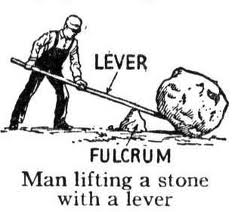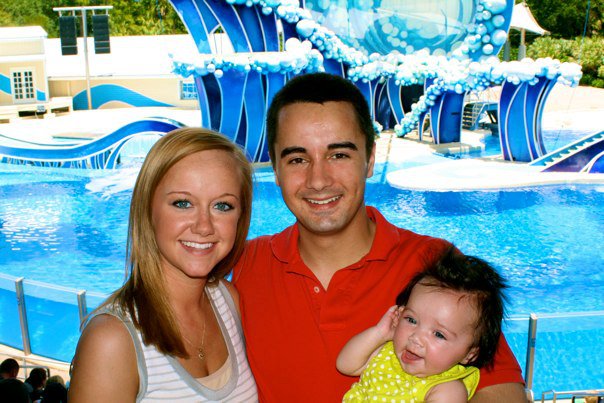This is a fascinating story of a $160,000 commercial loan fee collection case that I originally wrote about in 2009 in my old blog. It's worth retelling.
About two years ago one of my former commercial loan brokerage students came to me and asked me to serve as an expert witness in a commercial real estate loan fee collection case.
My student had arranged for the delivery of an $8 million SBA loan commitment at a very favorable rate on a hotel near the Newark Airport. The hotel had been shut down by the city a year earlier for regularly renting rooms by the hour (yup, you guessed it), and the prior owner had lost the property in foreclosure. My student's client was buying the hotel from the bank.
Fortunately my student had used our commercial loan brokerage fee agreement that provided for arbitration. He was based in Florida, the borrower lived in New York, and the property was located in New Jersey. Per the terms of our agreement, the mortgage broker (my student) was allowed to file his Demand for Arbitration in Florida. He did not have to travel to New York to sue this borrower.
This was a Florida action, and I am not licensed to practice law in Florida. Therefore the mortgage broker hired local Florida counsel, who in my opinion did a terrific job.
I was called upon to testify as an expert witness on matters pertaining to the practice of commercial real estate finance. Even though I live in Indiana, I was able to provide testimony through a deposition that was taken telephonically at the office of a court recorder in South Bend. It was not necessary for me to testify at the actual arbitration hearing.
The borrower did not really dispute the mortgage broker on the facts. Instead, the borrower defended on the basis that the mortgage broker lacked a real estate broker's license in the State of New York.
Licensing for commercial real estate loan brokers in the State of New York is quite confusing. The Department of Financial Institutions has adopted the position that out-of-state mortgage brokers do not need a New York real estate broker's license to broker fewer than five commercial loans per year in the state. The law, however, appears to require just such a license.
The mortgage broker argued that he had never entered the State of New York, and that therefore the licensing laws of the state of Florida should apply. Since the commercial lender was an institution and the borrower was technically a limited liability company, Florida did not require a mortgage broker's license.
The borrower's attorney argued that the contract was silent on the subject of choice of law. Since there was an ambiguity and since the mortgage broker had prepared the contract, the ambiguity should favor the borrower.
The mortgage broker's fine attorney's argued that the borrower had already made a formal appearance in state court in Florida in connection with the case. By doing so that they had subjected themselves to the jurisdiction of Florida laws and had therefore waived this defense.
The arbitrator agreed. Four days ago the arbitrator granted the mortgage broker an award of $160,0000 - plus $5,000 in arbitration costs. Hooray for the good guys!
Now the mortgage broker will need to get the award of the arbitrator confirmed by a Florida state court. The borrower may choose to fight the licensing and choice of law issue again at this stage. Later, the mortgage broker will need to take his Florida judgment (assuming he prevails) and get it domesticated in New York. At this stage the borrower may choose to bring up the licensing and choice of law issues again.
Collecting unpaid loan fees can sometimes be a long battle, but with $160,000 at stake, the mortgage broker was right not to give up. Fortunately the borrower is worth millions of dollars, so the mortgage broker should eventually collect every penny he was due.
Do you need an expert witness in the field of commercial real estate lending, commercial financing, commercial loans, or commercial mortgage loans, please click here for my expert witness qualifications and my expert witness fee schedule.







 volume of new commercial loans by using marketing leverage.
volume of new commercial loans by using marketing leverage.








 display ads, classified ads, magazine ads, bulk mail, and individually word-processed letters.
display ads, classified ads, magazine ads, bulk mail, and individually word-processed letters.
 successful restaurant in the very best location in town. Now banks normally do not like to make loans on restaurants because of the high failure rate. If a local banker, however, dines regularly at the restaurant and appreciates the fact that this particular restaurant business is thriving, there is an excellent chance that he'll still make this commercial real estate loan.
successful restaurant in the very best location in town. Now banks normally do not like to make loans on restaurants because of the high failure rate. If a local banker, however, dines regularly at the restaurant and appreciates the fact that this particular restaurant business is thriving, there is an excellent chance that he'll still make this commercial real estate loan. The practical effects of this are HUGE, and I'll explain them in a bit below.
The practical effects of this are HUGE, and I'll explain them in a bit below. loan that he was working on. I kept thinking to myself, "This guy must be smokin' crack."
loan that he was working on. I kept thinking to myself, "This guy must be smokin' crack." from Indiana and is moving them to Sacramento, California. He will be soon be working from the Sacramento office of
from Indiana and is moving them to Sacramento, California. He will be soon be working from the Sacramento office of 
